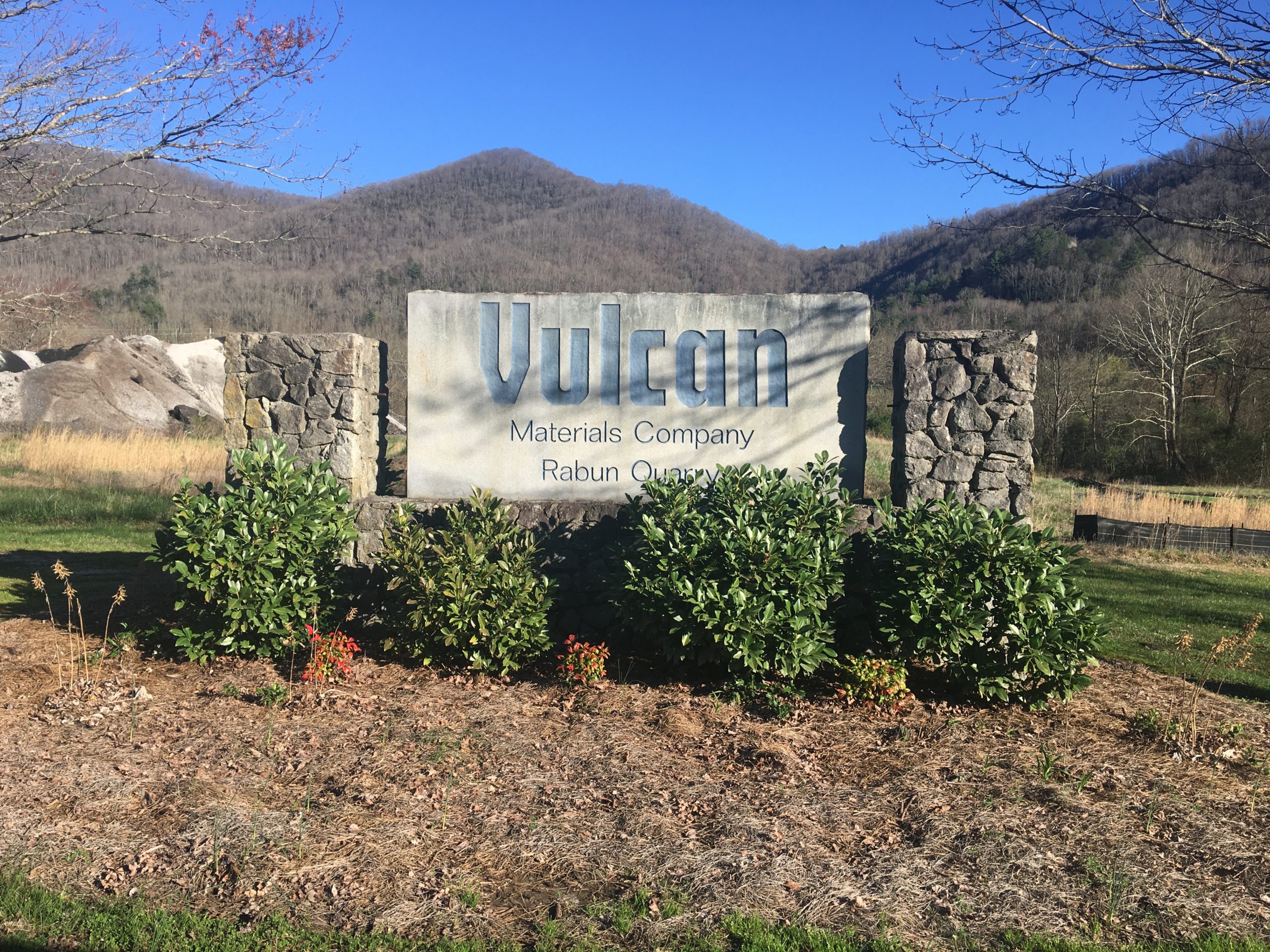
(GA Recorder) — Jon Hale savors his childhood memories of camping, fishing and hunting on his grandfather’s land in rural Talbot County. So, when he had the chance to buy part of the property on Pleasant Valley Road, he saw it as an answered prayer.
But now a proposed rock quarry at a nearby cow pasture in Woodland threatens to blast away Hale’s hopes for his children to form their own treasured memories growing up in Georgia’s picturesque countryside less than two hours from downtown Atlanta.
“We’re just trying to keep Pleasant Valley pleasant,” said Hale, whose home is less than a half mile from the site. “(A rock quarry) is contradictory to the lifestyle that everybody has enjoyed out there for a hundred years plus.”
Quarry backers tout the project as a job creator that will boost the local economy, but Hale and others question those claims and argue any potential economic gain is not worth what would be lost.
Hale says opponents have collected about 400 signatures for a petition from those who say they are concerned about the noise and dust associated with quarries as well as the potential of cracked home foundations and dried up or otherwise compromised private water wells.
Talbot County already has rock quarries in the south end of the county. Creating a new quarry in the more bucolic north end now hinges on whether the county commission votes Monday to rezone 457 acres from agricultural to industrial use.

Hale also panned the rezoning request as the kind of spot zoning that does not instill confidence in would-be investors or property buyers who might feel the tug of country living. Talbot County is currently home to about 6,000 people.
“I believe every property owner has the right to do with their property what they want to do – to an extent. That extent being when it negatively impacts hundreds of other people,” Hale said.
“That’s the whole reason we have a planning and zoning board. That’s the reason you can’t put a strip club next to a child’s school or you can’t put a liquor store next to a church,” he said.
The county’s planning and zoning panel, which serves in an advisory role, recommended last month that the commission reject the plan after hours of public testimony, denying the rezoning request with a 3-1-1 vote.
But the project faces an uncertain – and complicated – vote with the county commission. One of the commissioners, Ken Chapman, will not vote Monday since he is the property owner who plans to sell his land to the Tennessee-based company behind the proposed rock quarry, according to a public disclosure notice he filed. That leaves the project in the hands of his four colleagues.
Chapman says in documents filed with the application that he has long lost money grazing cattle on the land and is short on other viable options.
“The only offer I have received to sell the property, and which I have accepted, is if the property is rezoned to industrial for development of a rock quarry given the substantial subsurface rock at the property,” Chapman said in an affidavit.
A local decision
Quarries can often be mined for a century or longer, outliving most of the residents around them. There are as many as 90 active quarries in the state, with stone extracted at sites across central and northern swaths of rock-rich Georgia.
And while granite and other materials gleaned from rock quarries for roadways, parking lots, driveways, and other construction may be common, the development of a new rock quarry isn’t exactly standard development fare.
Yet, a local fight like the one playing out in Talbot County is also happening in at least three other counties – Carroll, Crawford, and Franklin – as companies jockey to get in on the state’s economic development boom and new federal spending on infrastructure.
Similar proposals have also been scuttled in recent years in areas like Meriwether and Hancock counties.

“Quarries have a very long lifespan, and they’re only in certain areas, No. 1, because of growth and, No. 2, because the geology is there that can produce the rock,” said Jeff Wansley, executive director of the Georgia Construction Aggregate Association.
Wansley did not comment on the individual proposals, but he said the state’s existing quarries are going “gangbusters” right now.
“The reason quarry production is at record numbers right now – the tonnage that’s being produced – is directly linked to a pro-business state, economic development, new facilities coming online, new plants, new production – which in turn is new housing,” he said, adding there are also “ripple effects” from the new federal transportation dollars.
“It’s simply to meet the demand of a state that’s the No. 1 state to do business,” he said.
But quarries also forever change the natural landscape in ways that are not always readily apparent or predictable.
“You can’t dig holes in the ground without altering the ways that water flows – the directions, the velocities and also the quality. You just can’t do it,” said Gordon Rogers, executive director of the Flint Riverkeeper. “You can mitigate but you can’t stop the alternation.”
Going through the local approval process is one of the key first steps of starting a new rock quarry. The developers will also need state permits from the Environmental Protection Division. Depending on the operation, a quarry could need various water-related permits, such as for groundwater withdrawal and permits for air quality and surface mining.
But advocates argue the local decisions made early in the process are often the most pivotal. That means protecting property values and the environment often falls to local elected officials, Rogers said.
“Once it gets past the county level, they will get their permit. The way that the permitting laws are set up, they will eventually get their permit unless they just run out of time and cash,” he said. “This is not hyperbole. Once it leaves the county attorney’s and chairman’s desks, it’s almost 100% going to happen.”
In Crawford County, commissioners there are set to vote July 18 on a requested special exception to local land-use rules submitted by a Kentucky-based business on behalf of Haiseal Timber, which is owned by a family based in England and Sweden. That proposal has also picked up spirited opposition from residents but also from the Girl Scouts of Historic Georgia, which runs a camp two miles from the proposed quarry site.
“We are concerned that the air pollution from drifting dust clouds puts camp attendees, especially those with asthma and other respiratory conditions, at risk,” the organization wrote in a June letter to the commission. “Another concern is for the water supply. Camp Martha Johnston relies on well water.”
In Carroll County, officials there took steps to stop Birmingham-based Green Rock from moving forward with plans for a 360-acre rock quarry near Whitesburg after the developer had floated the project. But the state Supreme Court sided with the developer late last year. An attempt to reach a Green Rock representative by phone on Friday was not successful.
In Franklin County, a new proposed Vulcan Materials quarry is pending a legal challenge over local zoning rules there. Calmat Co, a subsidiary of Vulcan Materials, purchased the property in 2021 before the county temporarily banned new applications for conditional use permits for heavy industry and changed its zoning rules.







